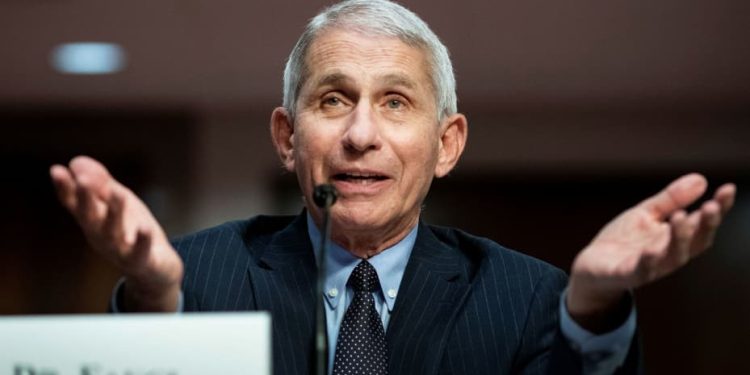In a twist of irony, Anthony Fauci, the former director of the National Institute of Allergy and Infectious Diseases (NIAID), was recently hospitalized for six days—not due to COVID-19, but because of the West Nile virus.
Dr. Anthony Fauci, who became the public face of the U.S. response to the coronavirus pandemic, was hospitalized earlier this month with the West Nile virus (WNV), according to a report citing his spokesperson.
At 83, Fauci spent six days in the hospital before returning home, where he is currently recovering, as reported by The Washington Post.
The nation’s former top infectious disease expert is expected to fully recover from the virus, which the Centers for Disease Control and Prevention (CDC) says is most commonly spread through the bite of an infected mosquito.
Guess a mask wouldn’t have helped here, eh Tony?
That said, the West Nile virus is indeed a formidable pathogen. Unlike coronaviruses, which are fragile outside a host and can be quickly neutralized by sunlight (UV light acts like a blowtorch to them, reducing their lifespan to minutes or even seconds in open air), the West Nile virus spreads through a vector—in this case, mosquitoes.
This means it can spread more rapidly and over greater distances. Pathogens spread by vectors, such as West Nile, malaria, and Zika (mosquitoes), rabies (mammals like raccoons, bats, and skunks), bubonic plague (fleas), and hantavirus (mice), survive much longer as they are carried and transmitted by a host.
 Telegram is where we really talk. Don't miss out!
Telegram is where we really talk. Don't miss out!








